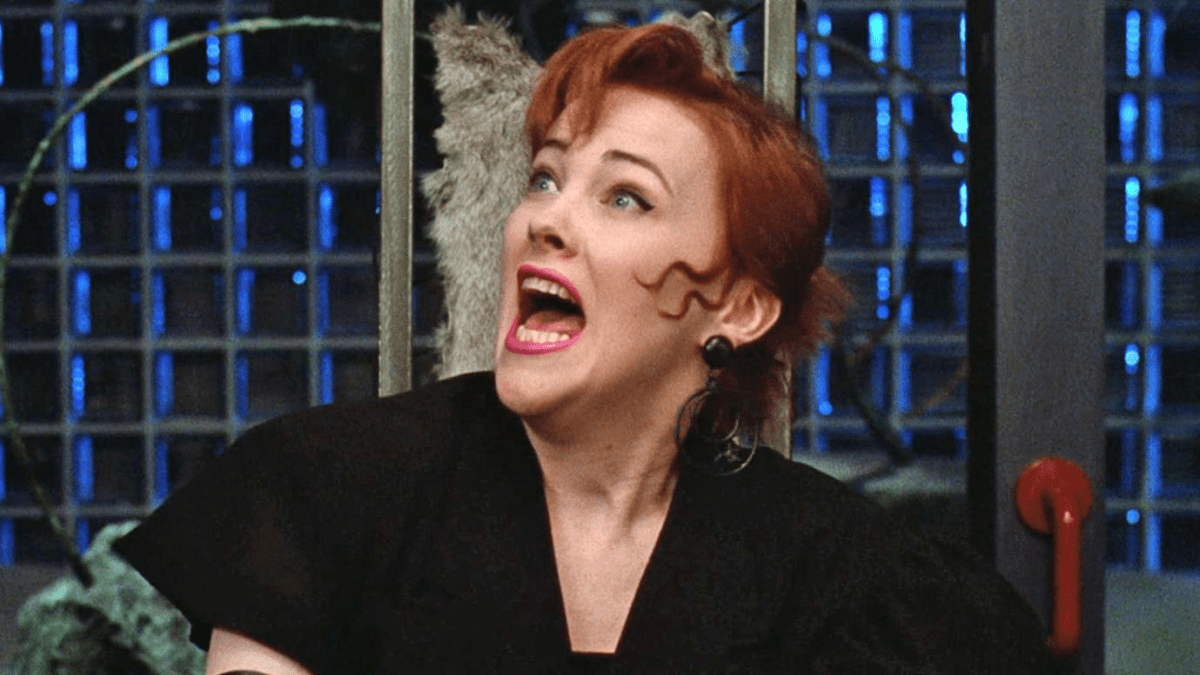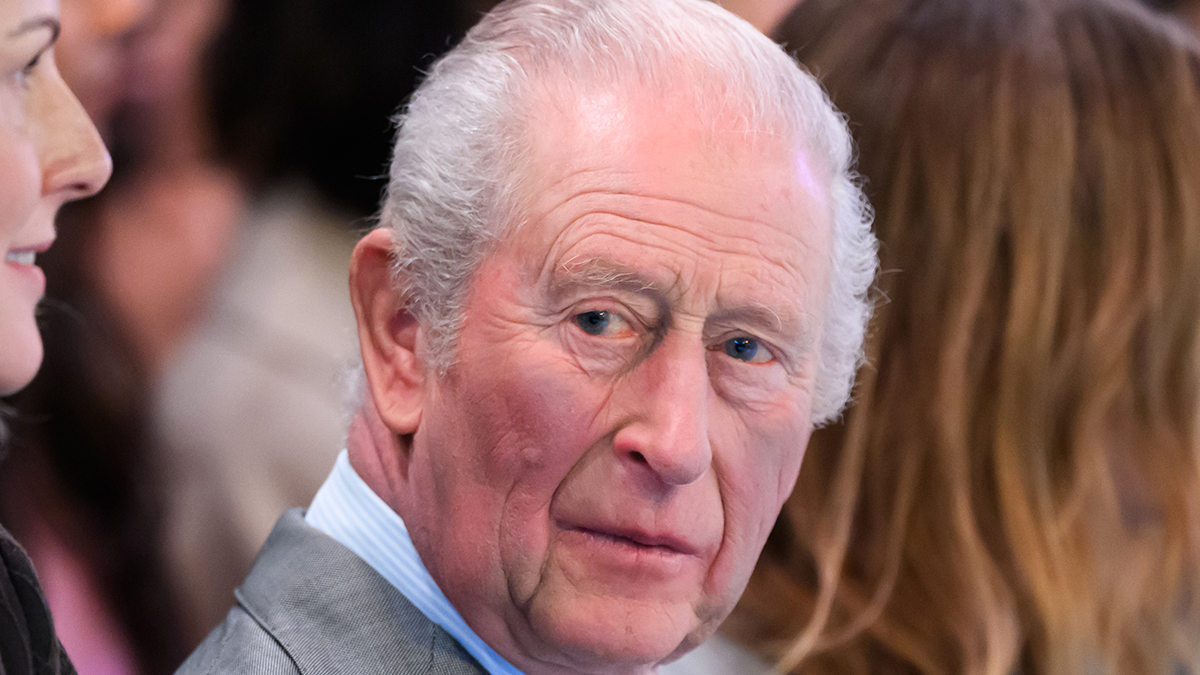In the recently released documentary Gary, a surprising revelation about the late actor Gary Coleman‘s health has come to light.
While most fans remember Coleman as the lovable and wise-cracking Arnold Jackson on the hit show Diff’rent Strokes (1978 to 1986), few are aware of the enormous health challenges he faced throughout his life. The documentary takes us on a rollercoaster ride through Coleman’s personal struggles, from his money troubles to his rocky relationships, but the most mind-blowing fact is that Coleman survived without any kidneys for nearly 25 years. Let that sink in for a moment.
Coleman suffered from a congenital kidney disease known as nephritis. This disease stunted his growth, and as a result, he had a notably small stature throughout his life, not growing beyond 4 feet 8 inches. His condition required frequent, often intensive, medical treatment including multiple kidney transplants; he received his first transplant at age five, and another at age 16. The treatments led to other health issues, including problems with his immune system and a condition called focal segmental glomerulosclerosis, which directly affects the kidney’s filtering system. As per the latest documentary, when he was just 17 years old, his body astonishingly absorbed the transplanted kidney, leaving him with no functioning kidneys at all.
This is a phenomenon where the body’s immune system mistakenly identifies the transplanted organ as a foreign object and begins to break it down, essentially absorbing it back into the body. In a normal, successful kidney transplant, the body accepts the new kidney and allows it to function alongside the existing kidneys (if present) or in place of the failing kidneys. The immune system is suppressed through medication to prevent it from attacking the transplanted organ.
However, in some cases, the body’s immune system can become overly active and start to treat the transplanted kidney as a threat, despite immunosuppressive medication. When this happens, the immune system sends special cells called “cytotoxic T lymphocytes” to attack the transplanted kidney. Over time, these cells can cause inflammation and damage to the kidney, leading to its gradual destruction and absorption back into the body. This process of transplant organ resorption is not unique to kidneys and can happen with other transplanted organs as well, such as the liver or pancreas.
According to the documentary, Coleman had to undergo dialysis three days per week, four hours per day, for the rest of his life. Dialysis is a treatment that filters waste products from the blood when the kidneys are no longer able to do so effectively but it cannot replace all the functions of healthy kidneys. Individuals on dialysis are at increased risk of complications such as cardiovascular disease, anemia, infections, and bone disorders. Fluid overload and alterations in blood pressure regulation are common in dialysis patients, contributing to high blood pressure. The build-up of fatty deposits in the arteries is accelerated in patients with kidney failure, and the heart may enlarge due to the increased workload caused by chronic kidney disease.
In 2009, Coleman underwent heart surgery. According to a 2010 article, a doctor involved in the open heart surgery Coleman underwent predicted “the man wouldn’t survive the year.” The National Kidney Foundation reports that the average life expectancy of a person on dialysis is 5-10 years, although some may live up to 20-30 year. Coleman’s 25-year survival without kidneys is a testament the advancements in medical technology, and to his resilience.
During this time, Coleman continued to work in the entertainment industry, although his career never quite reached the same heights as it did during his Diff’rent Strokes days. He appeared in various TV shows and movies, including The Fresh Prince of Bel-Air and Dirty Work, but none matched the success of his early career. Despite earning up to $100,000 per episode during his peak, he filed for bankruptcy in 1999, citing mismanagement and financial abuse by his adoptive parents and advisors. Coleman died on May 28, 2010, at the age of 42, after a fall at his home in Utah which led to a brain hemorrhage. One must wonder, had this tragic accident not occurred, would Coleman have continued to defy the odds and live even longer? Regardless of his untimely passing, Coleman’s legacy lives on.











Published: Aug 29, 2024 04:08 pm